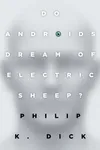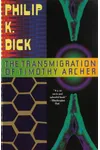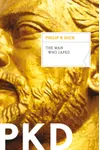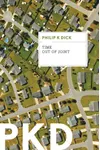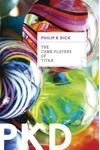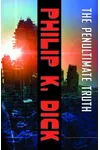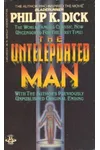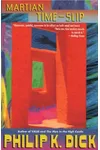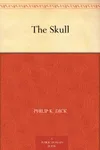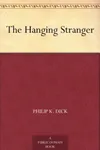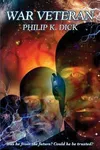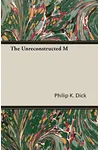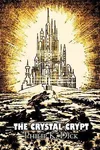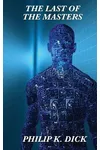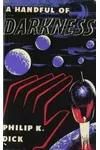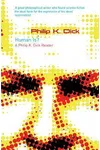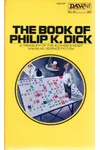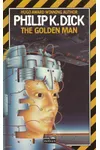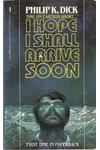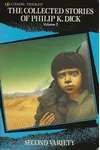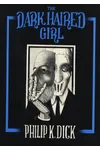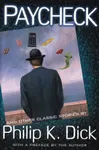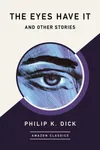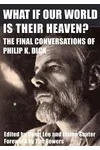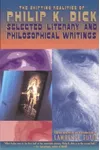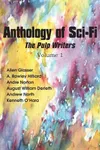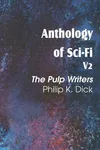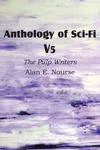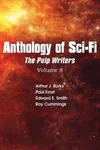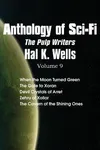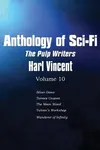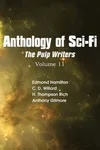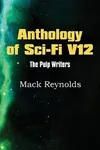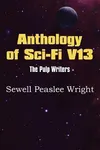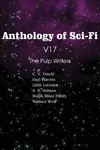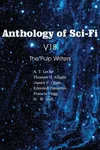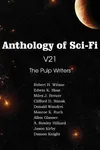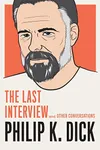Picture a mind-bending storyteller who turned science fiction into a philosophical playground—meet Philip K. Dick! This American visionary wrote 44 novels and over 100 short stories, weaving dystopian futures with questions about reality, identity, and consciousness. His raw, thought-provoking tales have inspired blockbuster films and continue to captivate readers worldwide.
Born in 1928, Dick’s life was as complex as his stories. His struggles with mental health and substance abuse fueled his unique voice, blending gritty authenticity with cosmic wonder. Ready to dive into the world of a sci-fi legend? Let’s explore!
The Making of Philip K. Dick
Philip Kindred Dick was born on December 16, 1928, in Chicago, Illinois, alongside his twin sister, Jane, who tragically died weeks later—an event that haunted him lifelong. Raised in California, Dick was a voracious reader, devouring science fiction pulps and philosophy. After a brief stint at UC Berkeley, he dropped out, working as a radio host and record store clerk while penning stories. His first sale, a short story in 1952, marked the start of a prolific career shaped by his fascination with metaphysics and human nature.
Philip K. Dick’s Unforgettable Stories
Dick’s works are a kaleidoscope of dystopian worlds, unreliable realities, and deep existential questions. His 1962 novel The Man in the High Castle imagines an alternate history where the Axis powers won World War II, blending political intrigue with philosophical musings. It won the Hugo Award and remains a fan favorite. Do Androids Dream of Electric Sheep? (1968) explores humanity through a bounty hunter tracking rogue androids, inspiring the iconic film Blade Runner.
Ubik (1969) is a mind-twisting tale of shifting realities and psychic powers, showcasing Dick’s knack for blending humor with existential dread. His short stories, like “We Can Remember It for You Wholesale,” adapted into Total Recall, pack similar punches in compact form. Dick’s style—gritty, introspective, and often darkly funny—challenges readers to question what’s real, making every page a journey into the unknown.
His writing wasn’t just sci-fi; it was a mirror to his inner turmoil. Dick often drew from personal experiences, including visions and psychological struggles, to craft stories that feel both cosmic and deeply human. This authenticity sets him apart, turning his books into timeless puzzles.
Why Philip K. Dick Matters
Philip K. Dick’s influence stretches far beyond sci-fi. His exploration of artificial intelligence, surveillance, and fractured realities feels eerily prophetic in today’s tech-driven world. Films like Minority Report and A Scanner Darkly brought his ideas to the mainstream, grossing billions and cementing his cultural impact. Scholars and fans alike praise his ability to blend pulp storytelling with profound philosophical questions, making him a literary bridge between genre fiction and high art.
Dick’s legacy thrives in modern sci-fi, inspiring authors, filmmakers, and thinkers to probe the boundaries of consciousness. His work invites us to question reality—a gift that keeps readers coming back, decade after decade.
About Philip K. Dick
- Born: December 16, 1928, Chicago, Illinois
- Key Works: The Man in the High Castle, Do Androids Dream of Electric Sheep?, Ubik
- Awards: Hugo Award (1963) for The Man in the High Castle
- Died: March 2, 1982, Santa Ana, California
Ready to have your reality shaken? Grab Do Androids Dream of Electric Sheep? and dive into Philip K. Dick’s thrilling, mind-bending universe!
